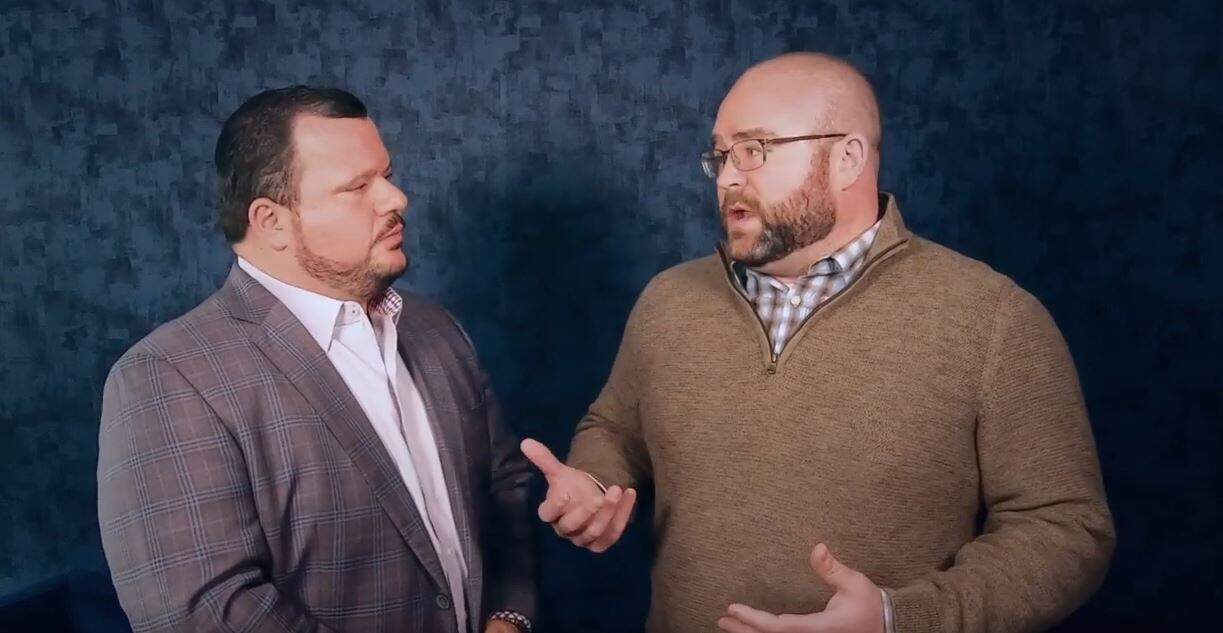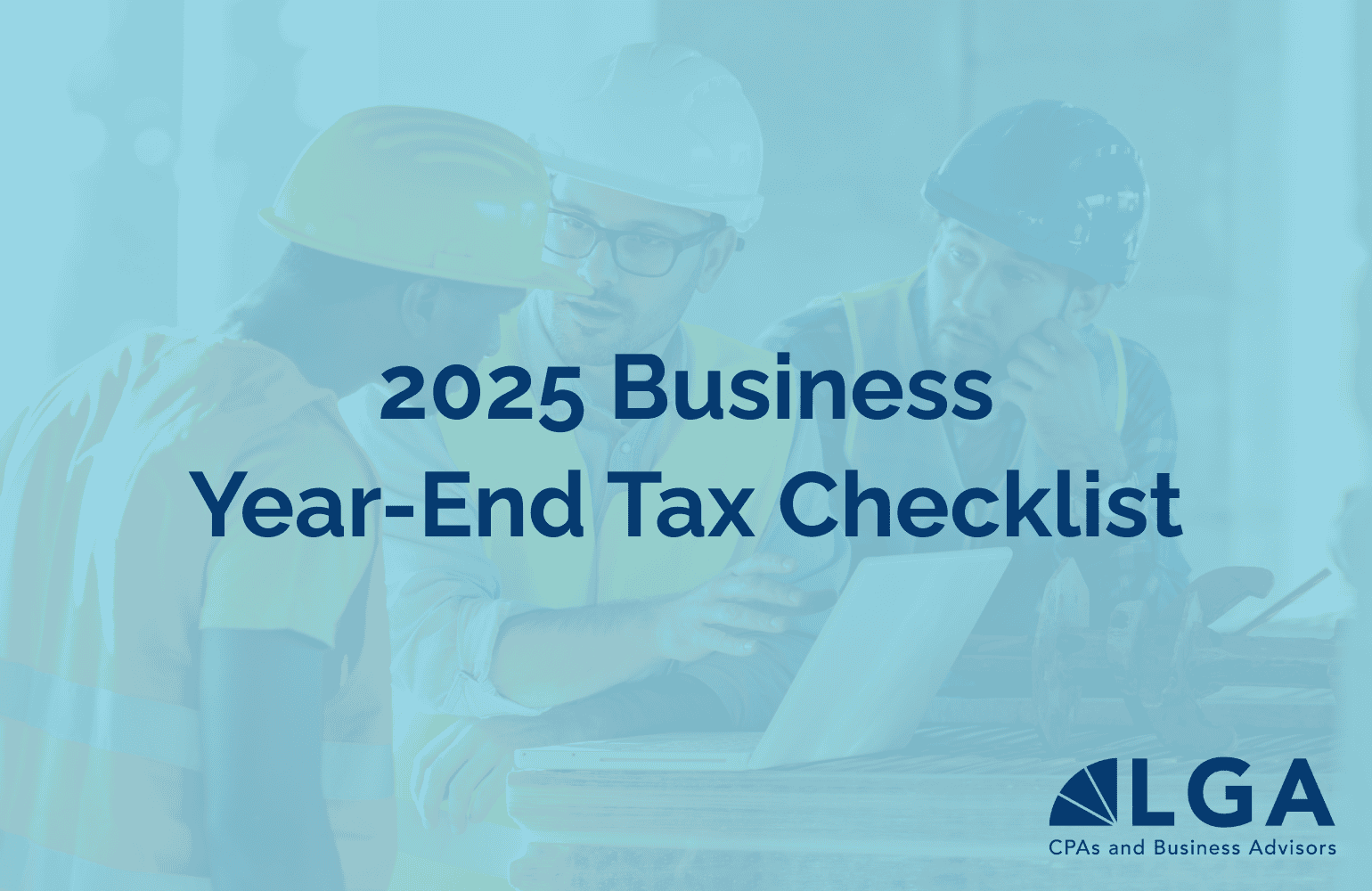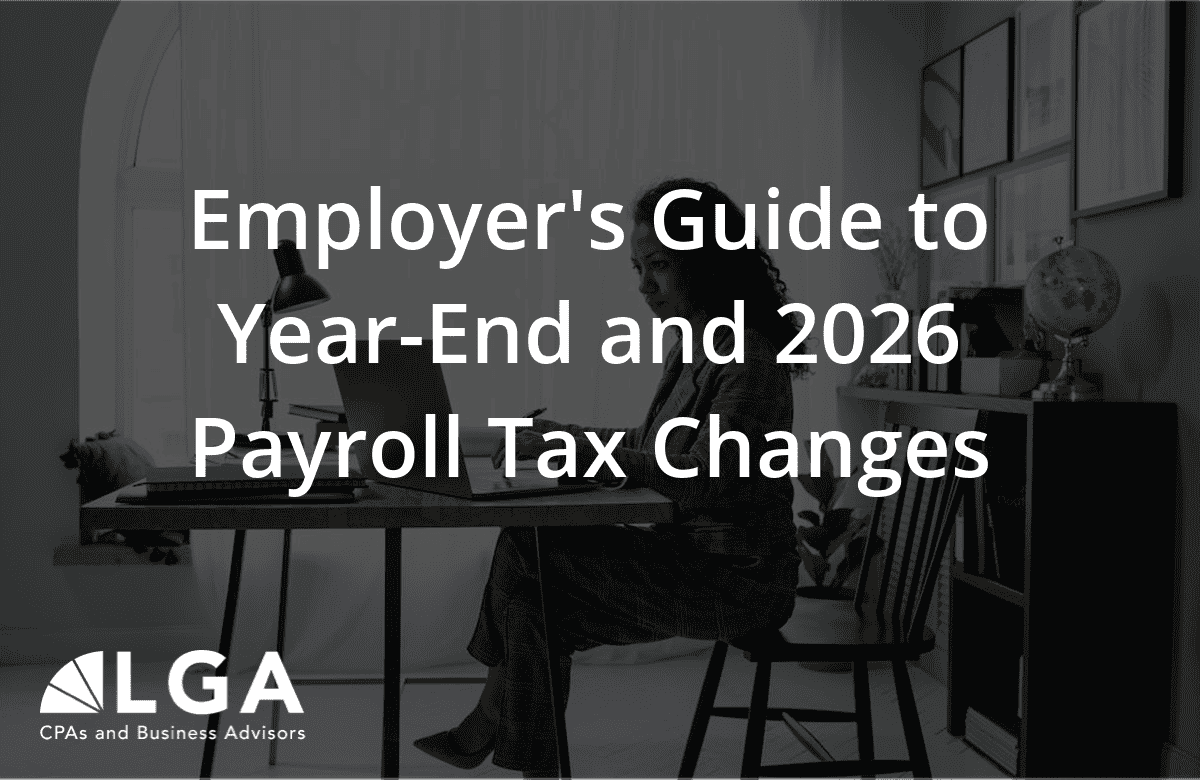
John Geraci, Managing Partner and Jim DeCesar, Manager talk about accounting changes that will apply to leases. Certain leases that were previously accounted for on the income statement, are now being accounted for on the balance sheet. In the video, they talk about how to properly account for leases going forward.
Subscribe to the LGA YouTube Channel to be notified when new videos are published.
Transcription for the Video
(John Geraci) So I’m here today with Jim DeCesar from the firm’s Accounting and Auditing Department. Here to talk to you today about leases and some of the changes that are coming down the pike with respect to changes in the way they are accounted for. And so Jim, just from a big picture perspective, historically the only leases that end up on the balance sheet were what?
(Jim DeCesar) Capital leases.
(John Geraci) Okay, and so the other lease that most people tend to enter into are operating leases, and those have historically been accounted for in the income statement. But that’s changing isn’t it?
(Jim DeCesar) It is, yes. So previously there were some criteria that would make it an operating lease versus a capital lease. That accounting, and those criteria are changing slightly, which is going to force more of these leases onto the balance sheet.
(John Geraci) So what types of equipment or assets are we talking about that would end up on a balance sheet that might have historically been in the income statement.
(Jim DeCesar) So it’s really going to be all leases. I mean there’s going to be some dollar value that you’re going to be able to use for the threshold, but: buildings, vehicles, equipment, but even copiers, fax machines, printers, items in the, in the office that they using that you previously haven’t thought of it as at lease.
(John Geraci) So things that you don’t even necessarily own and now going to end up on your balance sheet.
(Jim DeCesar) Yeah, exactly. So, there’s going to now be an asset listed and there’s going to be an obligation listed and this is going to change then in some cases drastically. What a company’s or individual’s balance sheets look like.
(John Geraci) Now as a business owner, I have to think what do I care? That sounds like a bunch of accounting, you know rigmarole that doesn’t necessarily have a lot of impact to me, but it does in fact some of the financial statement covenants doesn’t it?
(Jim DeCesar) It does covenants as you just mentioned, are going to be the the main area that’s affected by this. I mean you have covenant to the bank, you need to be in compliance with them and yet the ratios they’ve been using are now going to have to change in some cases drastically in order to address the fact that you’re going to have these assets in this obligation on your balance sheet.
(John Geraci) And I guess many business owners haven’t really dealt with a lot of covenant issues in the last several years has been a very profitable time for a lot of our clients. But, I guess there was a planning element to this. No, because I guess as things change you could find yourself all of a sudden in violation of something that you haven’t had to think about in a long time.
(Jim DeCesar) Yeah, absolutely. I mean you could be negotiating, a new loan now, a new line of credit now or in the next year or two and any of the case, this needs to be in the forefront of your mind just so you understand how the is going to be structured, what your balance sheet might look like when the leases are on there and how difficult it may be to meet that covenant. You might need to do some negotiation with the bank and really help them understand what type of leases are going to be on your balance sheet.
(John Geraci) And again, from a timing standpoint, this is applicable to what year?
(Jim DeCesar) So it’s applicable to the year ended December 31st, 2020. So that seems far, far out. But as we’re, as we’re talking right now, and you think about this planning process, and you might need to map out what the balance should look like so you can have that discussion about a covenant.
(John Geraci) Yeah, it makes a lot of sense. So, if you have any questions, if there’s anything we can do to help you get out in front of this, please reach out to the team, Jim DeCesar would be happy to help you. We appreciate you taking the time to listen to this.





